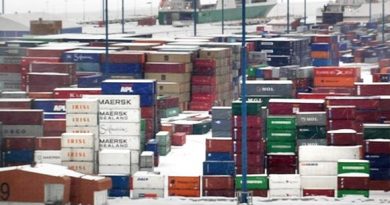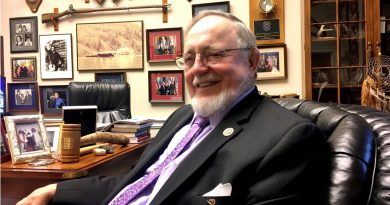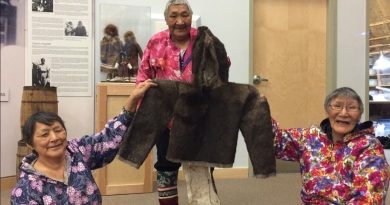NATO membership strengthens Arctic Security, deepens Canada ties: Finnish Ambassador
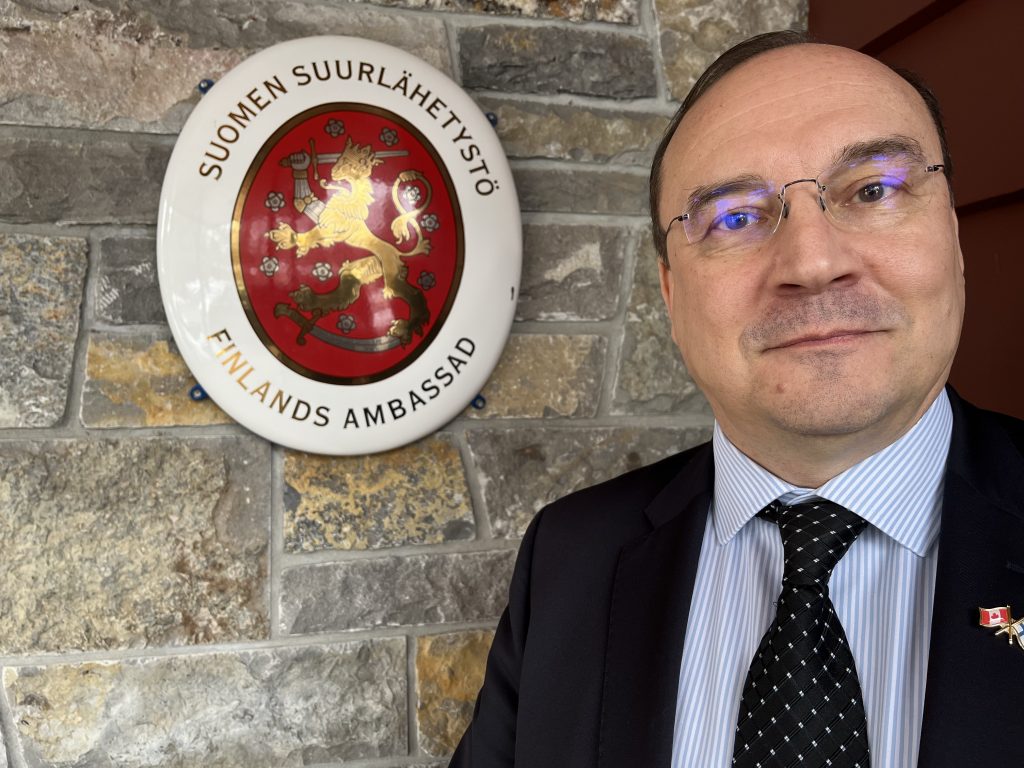
“The fact is, before our, and soon Sweden’s membership, the Russian military build up in the Arctic has been completely different compared to the capabilities that NATO has in the region,” Jari Vilén told Eye on the Arctic in an interview at the Embassy of Finland Residence in Ottawa.
“But with our memberships, our traditional military capabilities, and development and coordination with NATO, we are increasing the deterrence we can put forth there.”
‘Finland never had privilege of believing threat would not be there’
Finland and Sweden, responding to Russia’s invasion of Ukraine in 2022, announced their joint intention to join NATO. The alliance approved the applications, and on July 5 of that year the accession protocols for both nations were signed.
Finland officially joined on April 4, 2023. Sweden is still awaiting approval from NATO member Hungary for it to attain full membership status. (Swedish Foreign Minister Tobias Billstrom said on Feb. 14, he expects the approval to be coming soon.)
“I think what Finland is bringing to NATO is our military knowhow on Russian capabilities and the long-term knowledge of Russia based on the confidence that we have from having been able to defend ourselves in the Second World War,” Vilén said.
“A lot of European countries let their militaries decline with the belief, or the wish, that the Cold War was over. But as a neighboring country of Russia, Finland never had the pleasure, or the privilege, of believing that the threat would not be there.”
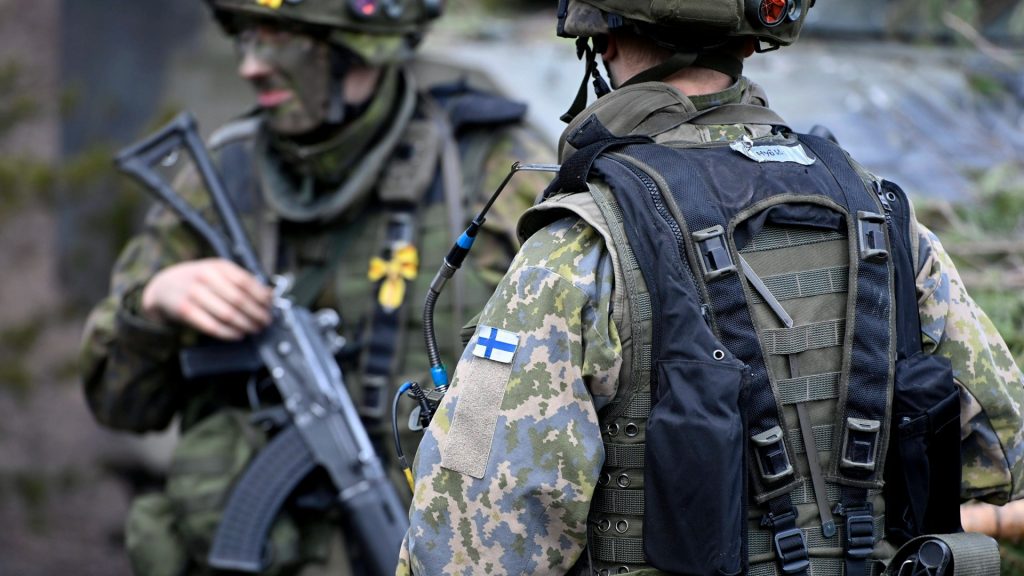
Arctic Security and long-term strategies
Vilén’s comments came following a Feb. 13 Arctic Spirit panel discussion in Ottawa on northern security and environmental concerns put on by the Embassy of Finland.
Vilén said he perceives no immediate risk of military conflict in the North, but that the growing strategic importance of the region means Finland has to adopt a long-term perspective.
“In the Arctic now, it is less about conventional threats, and more about the security of supply and shipping routes from North America to Norway, Sweden and Europe,” he said.
“And as climate change keeps opening the seas of the Arctic, that gives way to broader global challenges, particularly from the Chinese side, who are no longer just focused in the Indo-Pacific area, but also on the Arctic.”
Deepening cooperation with Canada
Canada and Finland already have strong bilateral ties, but as NATO partners, Ottawa and Helsinki have the opportunity to enhance their collaboration further, Vilén said.
Highlighting Canada’s leadership of the NATO battle group in Latvia, Vilén said it’s one area Finland is keen to contribute to.
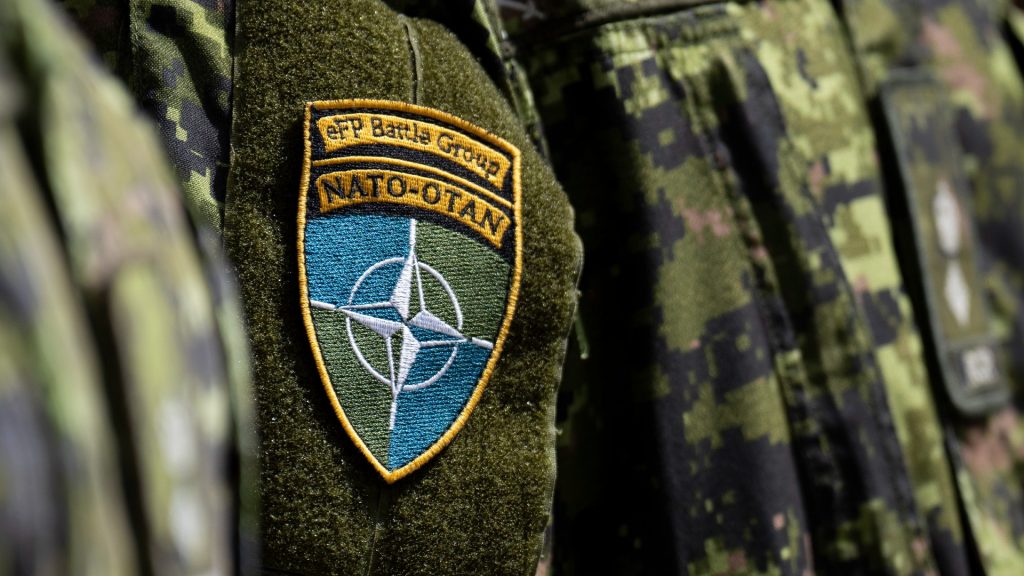
“The Canadian component in Latvia is something we are very much looking forward to cooperating with,” he said. “Sweden has already committed—even before their NATO membership is confirmed—one battalion to support the same brigade with the Canadians, and it would be very natural for us to look to contribute to Latvia also.”
Climate, defence and resource challenges
Despite differences between the North American Arctic—which still lacks basic transportation and communications infrastructure in the majority of its regions—and the more developed European Arctic, Vilén said Arctic nations share the common challenges of balancing responses to climate change, addressing security issues, and accessing raw materials crucial for the green transition.
“We all know the Arctic is strategically important, but the question for us now is how do we find the balance between what we need from the Arctic, while still preserving the unique nature and the cultures of the people that live there?” he said.
“This is a debate we have to continue having in all Arctic countries, as well as the international fora we are part of. We don’t know the optimal solution; but we do all have to learn and find this common ground.”
Comments, tips or story ideas? Contact Eilís at eilis.quinn(at)cbc.ca
Related stories from around the North:
Canada: Yukon’s new Arctic security council to help prepare territory for a changing world, CBC News
Denmark: Danish policy prioritizes low-conflict Arctic amidst Russian tensions, Eye on the Arctic
Finland: Thousands may be waiting to cross Finnish-Russian frontier, border official says, Yle News
Iceland: Norwegian F-35s in Iceland for airspace surveillance, Eye on the Arctic
Norway: Norwegian intelligence warns about mounting Russian threats, The Independent Barents Observer
Russia: New commander of Russia’s ‘Kirkenes Brigade’ says his marines are fighting NATO, The Independent Barents Observer
Sweden: New war and crisis preparedness brochure to come out this year, Radio Sweden
United States: Arctic Security-University of Alaska Anchorage to lead center of excellence, Eye on the Arctic

